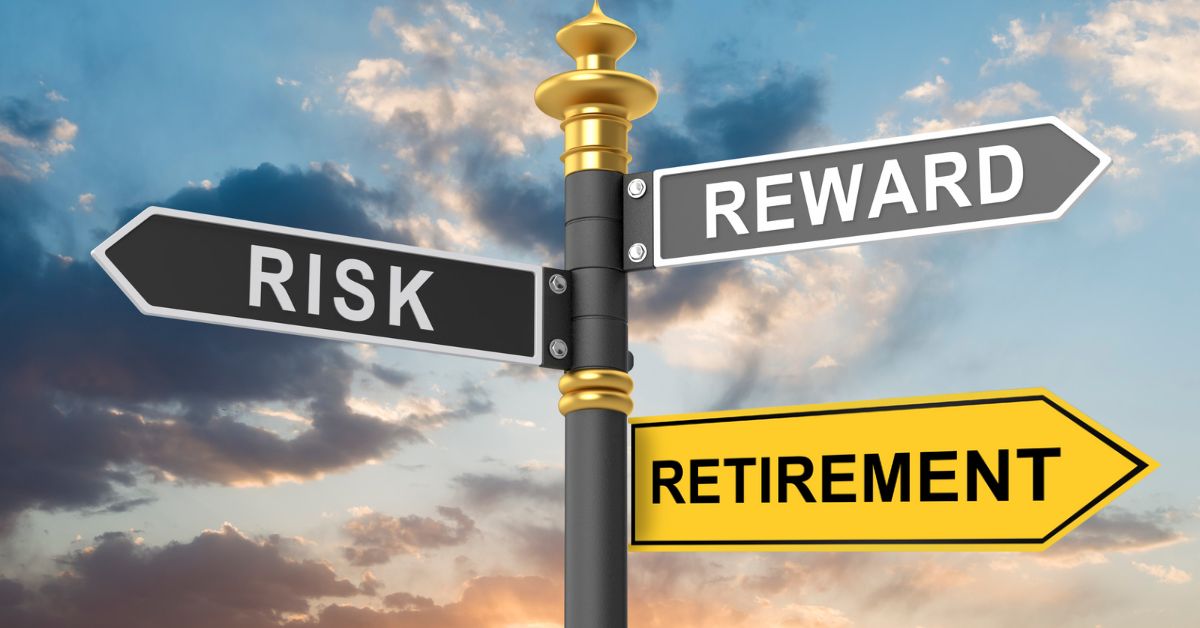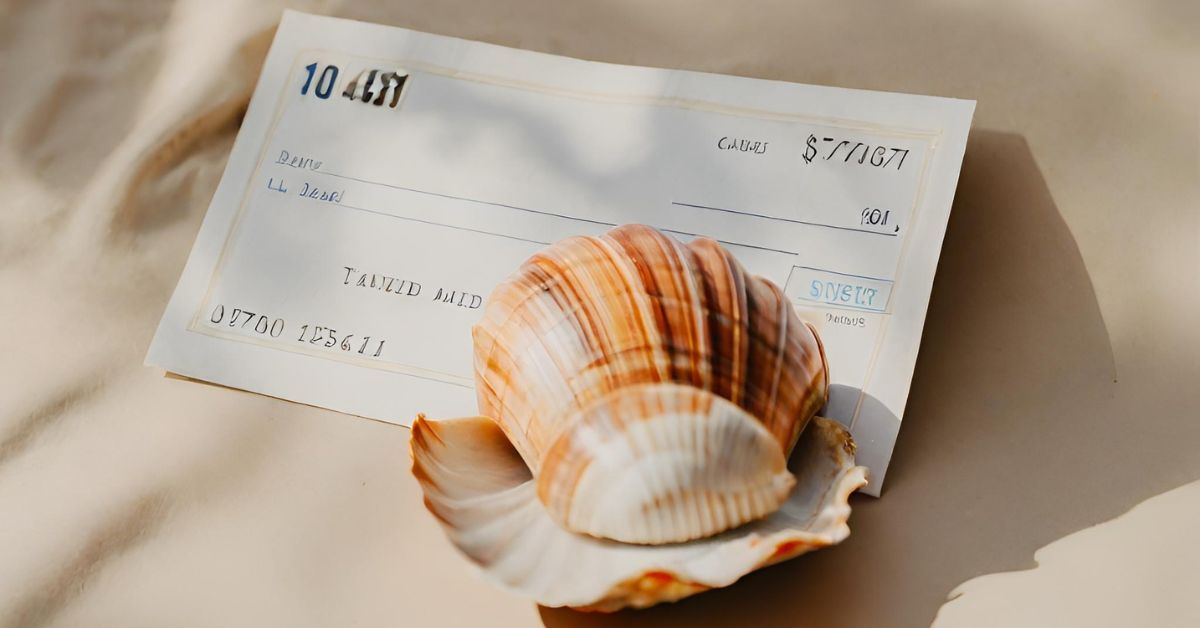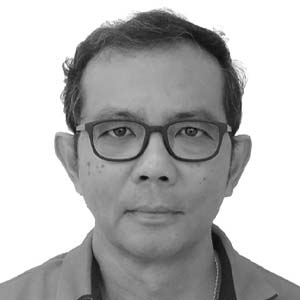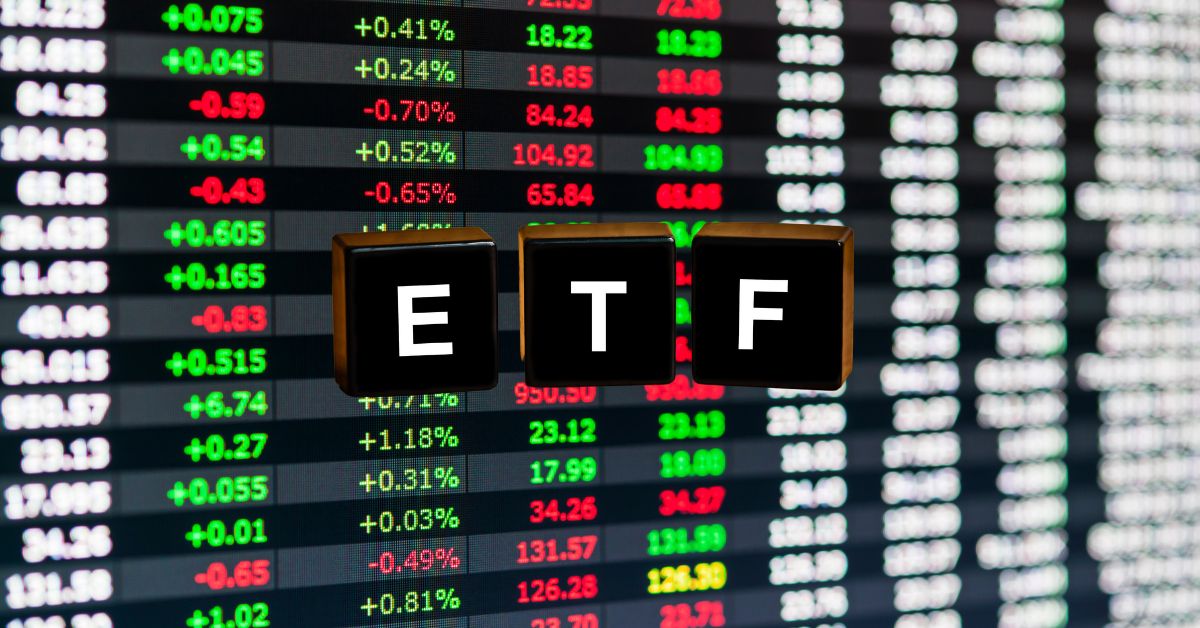
If you turn 55 this year and can set aside the Full Retirement Sum (FRS) of S$198,800 in your Retirement Account, then at age 65 you will be entitled to a monthly payout of around S$1,500 for the rest of your life.
The first thing for anyone approaching retirement age to do is therefore work towards accumulating this sum by 55. (The FRS is an upwardly moving target, so it will be the amount required at that time, which will be more than S$198,800. However, since that sum is not known today, we will use the current FRS for our illustration).
A 40-year old, let’s call him John, can reasonably be expected to have at least S$50,000 in his CPF Special Account (SA). Since he earns S$5,525 per month and given that at age 40, 7% of a person’s salary goes into their SA, then this account can be expected to grow by about $387 per month.
John did his calculations and reckons, based on adjusting his current expenses, that he would need $2,500 per month in today’s dollars when he retires at age 65 in 25 years’ time.
Assuming annual inflation of 3% between ages 40-65, the $2,500 is equal to $5,200 in future dollars. His salary of $5,525 per month is based on the median pay of someone aged 40-49 in Singapore.
Advertisement
The monthly shortfall in future is ($5,200 – CPF Life payment of $1,500) which is $3,700.
By using a financial calculator and using S$50,000 as the starting amount, you can easily work out that all John needs to do is top up his SA with an additional S$50 per month in order to reach S$198,800 at age 55.
As noted earlier, this will provide him with S$1,500 per month for the rest of his life. However, there is still a shortfall to be filled – roughly (S$5,200-S$1,500) or S$3,700 per month in future dollars.
Invest to get the rest
What’s your risk profile?
When it comes to investing, the individual’s risk profile is very relevant. It’s important to know that there are 2 components to a risk profile – tolerance and capacity.
What is your risk tolerance?
Risk tolerance refers to a person’s emotional ability to bear risk. Some people can visit casinos very often or trade in hugely volatile cryptocurrencies every day, whilst others may not be able to sleep well even after buying a “safe” investment product.
You can take the CPF Risk Tolerance questionnaire available on its website to gauge your own risk tolerance.
What is Risk Capacity?
Risk capacity on the other hand refers to the financial ability to take risk. A person may have a high risk tolerance but if he earns a low salary and has many financial commitments such as a mortgage and expenses for children, then his risk capacity will limit the risk he can take.
Going the safe route
If you are a risk averse person with a low risk tolerance but have a moderate risk capacity, then perhaps the best route would probably be to invest in a safe product like an endowment insurance plan.
Insurance companies are currently allowed to illustrate benefit returns of 3-4.25% for endowment plans, though of course, these returns are not guaranteed.
However, a 25-year plan can reasonably be expected to yield around 4% over its life span so let’s assume John is risk averse and opts for this route to plug his retirement income gap.
Since John needs to fill a gap of S$3,700 per month in future dollars, wishes to retire at 65 and thinks he will live until 85, then in total he will require S$888,000 (S$3,700 x 12months x 20 years).
Using a compound interest calculator and assuming annual compounding, John will need to invest about S$1,750 monthly in an endowment product that can earn a return of 4% per year in order to achieve a cash value of just under S$888,000 when he turns 65.
Going the riskier route
If S$1,750 seems like a large chunk of John’s take-home pay of S$4,420 (it’s actually 40%) then logically, if he can only afford to set aside a smaller sum, he will have to invest in a higher-yielding product which means taking on more risk.
In order to accumulate the required sum of S$888,000 by investing say, only $750 per month, he will have to find a product that can yield at least 10% per annum over 25 years.
This is not wholly unrealistic so in this regard he has a wide range of investments to choose from — high-yield bond funds, unit trusts, stocks, investment-linked insurance policies (ILPs) and exchange-traded funds.
Here is where John’s risk profile comes into play. Investment products all come with varying degrees of risk, will require the investor to know what they are doing and therefore require regular monitoring.
For example, not many people might know that when buying an ILP you are actually investing in a unit trust and that the responsibility for choosing the unit trust is the policyholder’s and not the insurance company.
Furthermore, if the fund chosen doesn’t perform, it is up to the policyholder to switch to something else.
In other words, earning a higher return will require more active input from John – if he is prepared to put in the effort.
Some final notes:
The approach outlined above is aimed at providing a simple framework for working towards a desired amount in retirement.
Although it takes into account inflation from the time John started planning at age 40 until he retires at 65, it does not factor in inflation from age 65 to 85 and this should also be considered.
Note also that John can tap into Government schemes like the Silver Housing Bonus and Lease Buyback to supplement his income if necessary.
Note also we have assumed John’s salary remains fixed from age 40 onwards, though realistically, this can be expected to increase.






